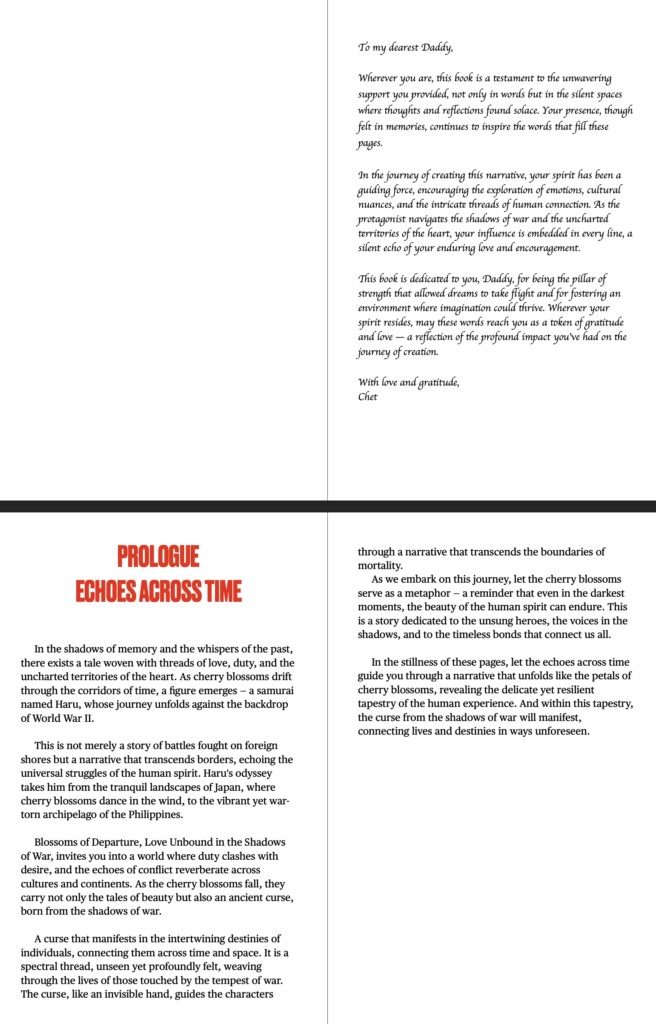
As the holiday season approached once more, a familiar heaviness settled upon my shoulders. Christmas, a time synonymous with joy and celebration, had become a poignant reminder of loss for me. The wound, etched into my heart since my father’s passing on Christmas day in 2011, seemed to open afresh with each advent of December.
Amidst the festive cheer, I found myself navigating a sea of emotions, struggling to keep pace with the jubilant atmosphere that enveloped the world. Colleagues beamed with excitement, and the air at work buzzed with holiday fervor. Yet, for me, Christmas had become an annual pilgrimage through the corridors of agony.
In the midst of this emotional turbulence, I sought solace in the cards – the Tarot cards, to be precise. Shuffling the deck, I laid out the cards, and there it was, staring back at me – Strength.

The Strength card, often depicted with a figure taming a lion, goes beyond its literal interpretation. It speaks of inner fortitude, resilience, and the ability to face life’s challenges with grace. In that moment, it was as if the cards were urging me to find strength within, to confront the annual torrent of grief that accompanied the holiday season.
Drawing inspiration from Cognitive Behavioral Therapy (CBT) and metacognitive therapy, I embarked on a journey of self-discovery. The Strength card, a visual representation of courage, became a touchstone in my quest to overcome the lingering sadness that gripped me each December.
One of the therapeutic strategies I adopted was to resurrect a dormant passion – a book I had started writing two decades ago. My father had been a staunch supporter of my writing endeavors, finding joy in the worlds I crafted with words. As I delved back into the manuscript, I realized that continuing this literary journey could be a poignant way to honor his memory.

By dedicating the book to my father, I felt a subtle shift in perspective. His passing was not just a painful loss but a bequest of strength. In my mind’s eye, I could almost hear him encouraging me to forge ahead, to continue the journey of my thoughts whether he was physically present or not. The passion that resonated within me, the very essence of my writing, became a source of solace.

Through the lens of metacognitive therapy, I began to challenge the negative thoughts associated with my father’s death. Instead of viewing Christmas as a time of sorrow, I reframed it as an opportunity to draw on the strength he had instilled in me. His absence became a catalyst for resilience, and the act of writing became a conduit for transforming grief into a positive force.
With each stroke of the pen, I embraced the positive side of his absence. The book, once a dormant project, now became a testament to the strength that emerged from the crucible of loss. Every word penned was a step toward healing, a stride toward viewing Christmas not as a painful reminder but as a celebration of the enduring strength bestowed upon me.
In the dance of tarot cards and therapeutic reflections, I discovered a path to reclaiming Christmas. The Strength card, a silent mentor in the journey of healing, whispered that resilience could blossom from the seeds of sorrow. And as I continued to write, I felt my father’s presence intertwined with the ink on the pages, a gentle reminder that his legacy lived on in the strength that now guided me through the festive seasons.



